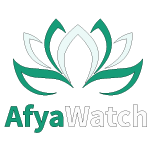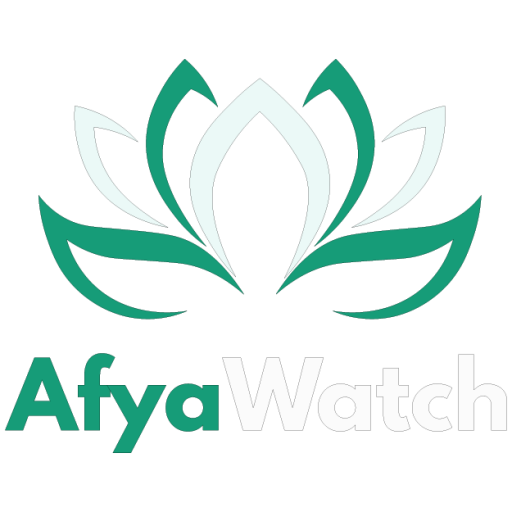Guillain-Barré Syndrome (GBS) has been listed by the World Health Organization (WHO) as one of the possible side effects of the Astra Zeneca and Johnson &Johnson COVID-19 vaccines.
GBS is a rare immune system disorder that results in muscle weakness, pain or numbness, and paralysis in more severe cases.
According to the WHO, the condition could result from different causes, including infections, and occurs more frequently in males and persons over 50 years old.
The UN health body is asking all Astra Zeneca and Janssen vaccine recipients to immediately report adverse effects after getting the jab.
“Individuals receiving Janssen or AstraZeneca COVID-19 vaccines should be alert to signs and symptoms of GBS and should seek immediate medical attention if they develop weakness, tingling and paralysis in the extremities that may progress to other parts of the body including the chest and face,” read the WHO alert.
“Symptoms may include difficulty in walking; difficulty with facial movements, double vision or inability to move eyes, or difficulty controlling bladder or bowel functions. Healthcare professionals should be aware of these signs and symptoms to allow for early diagnosis and treatment,” the WHO said.
Most people however fully recover from GBS, the global health body says.
Vaccines, the WHO explains, contain an antigen or the weakened or inactive parts of a particular organism that triggers an immune response within the body. Newer vaccines like the mRNA vaccines contain the blueprint for producing antigens rather than the antigen itself.
“This weakened version will not cause the disease in the person receiving the vaccine, but it will prompt their immune system to respond much as it would have on its first reaction to the actual pathogen,” says the WHO.
In a statement dated July 26, 2021, the COVID-19 subcommittee of the WHO Global Advisory Committee on Vaccine Safety (GACVS) admitted that some people could develop the condition after getting vaccinated, but refused to associate it directly with the vaccine.
This is the third time GBS has been linked to vaccinations. Vaccines have previously been identified as a possible cause for illness after people received shots to protect them against seasonal flu and shingles or herpes zoster.
“Cases may occur coincidentally following vaccination. For example, rare cases of GBS have been observed following seasonal influenza vaccines and vaccines to protect against shingles, but it is not known if the vaccines cause GBS,” says the WHO.
A report published in 2011 estimated GBS incidence at roughly between 1 and 2 in every 100,000 vaccinated people in Europe and North America.
“A systematic review and meta-analysis in 2011 estimated the background incidence for GBS as 0.8-1.9 out of every 100 000 in Europe and Northern America,” read the statement.
WHO noted the European Medical Agency (EMA) recommendation for the additional warning on possible cases of GBS after vaccination with Astra Zeneca’s Vaxveria, which is manufactured in Europe.
The recommendations were based on reports of more than 200 cases of GBS in more than 51 million doses given.
“A total of 227 cases of GBS had been reported from the EU/EEA to EMA with Vaxzevria by 27 June 2021, while around 51.4 million doses of Vaxzevria had been given to people in the EU/EEA region by 20 June 2021,” read the WHO statement.
Kenya’s COVID-19 vaccination program initially used the Astra Zeneca vaccine known as Covishield, manufactured by the Serum Institute of Pune, India.
Following the Delta variant wave that resulted in an unprecedented public health crisis that forced India to suspend COVID-19 vaccine exports, the country has been dependent on donations from Western countries.
As of August 24, 2021, Kenya had received 1,530,100 doses in donations, and vaccinated 2,501,198 people, representing 2.9 per cent of the adult population. Out of these, 1,714,858 have received the first dose, with 786,340 getting the second dose.
The UK government has so far donated 817,000 doses of the Astra Zeneca vaccine, with the country receiving 100,000 donations from India, 72,000 doses from South Sudan and 357,800 doses from Denmark respectively. On Monday, the US donated another 880,460 doses of the Moderna vaccine
On April 21, 2021, Kenya announced plans to import 1 million doses of the Johnson and Johnson (J&J) vaccine in addition to an equivalent 1 million doses of the Pfizer vaccine.
The two batches are yet to arrive in the country.












